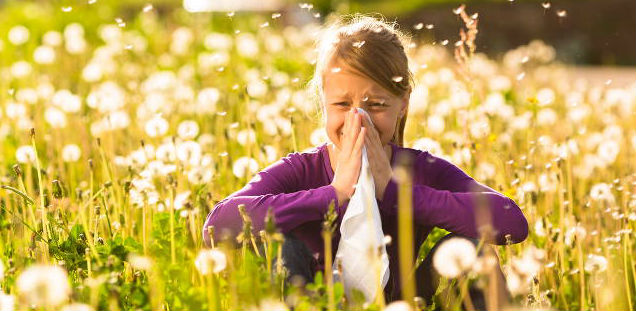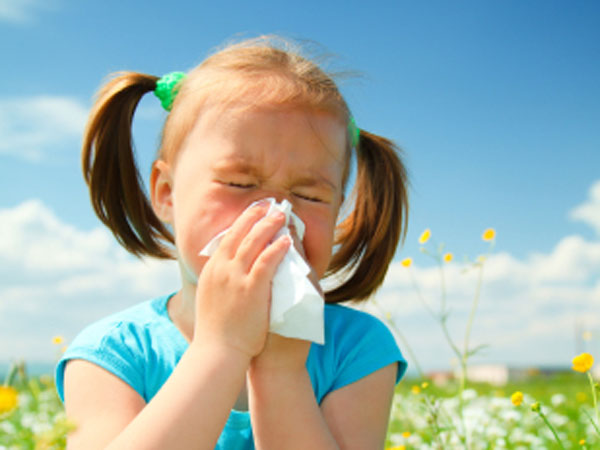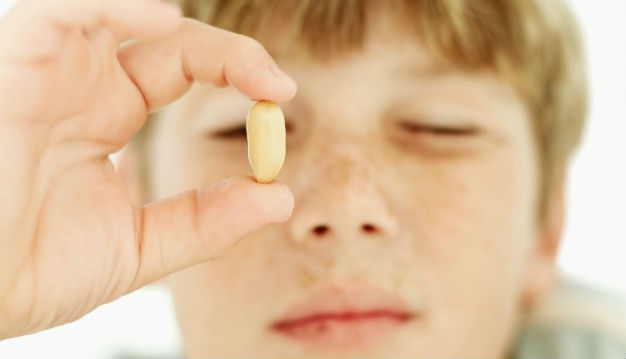How do you know if your child has allergies? Well, it’s not so hard. If he or she sneezes or coughs a lot, frequently develops a rash or hives, or gets stomach aches, cramps or nausea after he/she eats certain foods, it’s very probably to have an allergy.
The most common allergy symptoms are:
– skin rashes or hives;
– difficulty breathing (asthma);
– sneezing, coughing, a runny nose or itchy eyes;
– stomach ache.
Children’s allergy can be triggered by:
– outdoors: tree pollen, plant pollen, insect bites or stings;
– indoors: animal hair and fur, dust mites, mold;
– irritants: cigarette smoke, perfume, car exhaust;
– foods: peanuts, eggs, milk products.
If your child experiences some of the below allergy symptoms, it’s recommended to see an allergist.
- Allergic rhinitis (hay fever)
They are seasonal allergies that occur during certain times of the year, usually when outdoor molds release their spores, and trees, grasses, and weeds release tiny pollen particles into the air.
Symptoms: runny and itchy nose, sneezing, postnasal drip, nasal congestion, itchy, watery red eyes and chronic ear problems.
b. Nasal congestion
Most of the time allergies cause chronic nasal congestion. If not treated, this can affect the growth of teeth and bones of the face.
c. Ear infections
Some allergies can lead to inflammation in the ear which is very dangerous for a child’s’ hearing. Allergies can cause earaches and ear itching, popping or fullness.
d. Food allergies
Kids are generally allergic to peanuts and milk. Other aliments children can be allergic to are: eggs, fish, shellfish, soy, tree nuts and wheat. If your kid has such an allergy, you should be aware of the possibility of anaphylaxis (a reaction that impairs breathing, causes a sudden drop in blood pressure and can send body into a shock).
It’s very important to let know your child’s school about his/her allergies. The nurse or the administration office must have a copy of your child’s action plan if he/she has a severe allergy.
If you notice that your child presents the above symptoms, you should go see an allergist for possible testing and treatment.
Did you encounter this problem before?





I can consider myself a lucky person. My child does not have any of the allergies listed above.
Allergies are very dangerous for small children. They must be found and treated early, otherwise they may get worse.